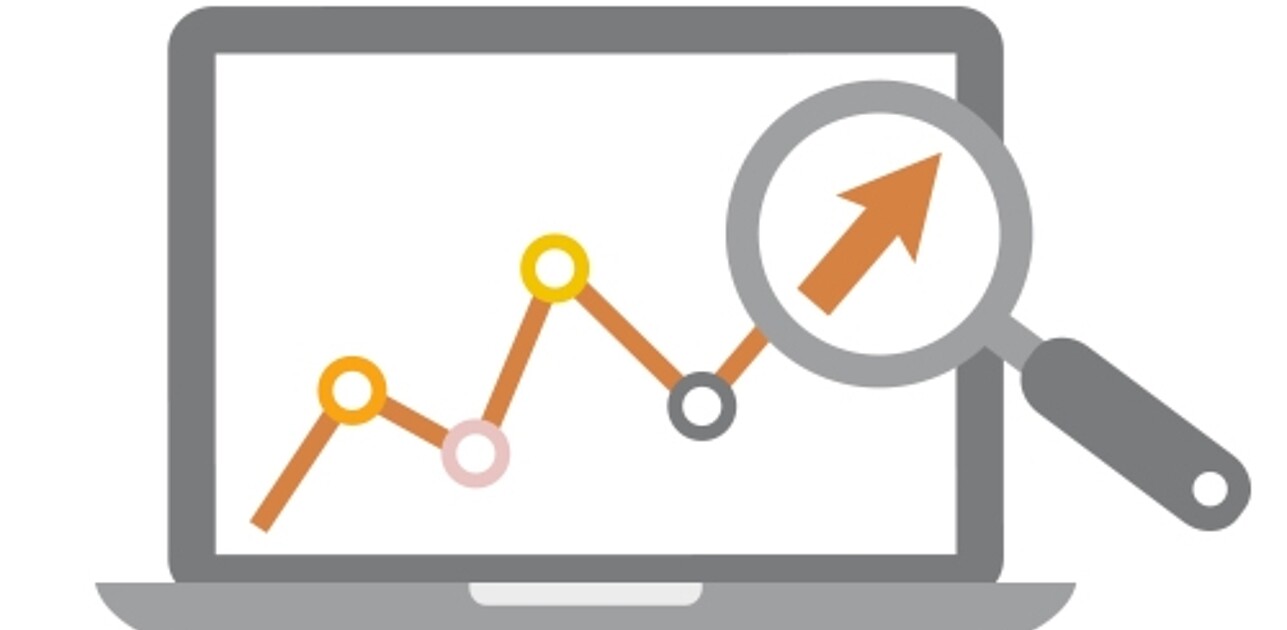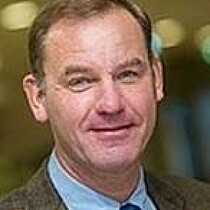

Article: Friday, 1 May 2015
Pretty much every modern organisation collects a mountain of data on a daily basis as it goes about its business. But all that data is of little real value unless it is properly analysed and used to anticipate client behaviour and needs.
One academic centre that offers this vital service to the business world is the Erasmus Centre for Data Science and Business Analytics, a collaborative effort that involves researchers from both Rotterdam School of Management (RSM) and the Erasmus School of Economics (ESE).
In its own words, the centre ‘supports organisations in turning data into business solutions.’ It offers knowledge and analytical skills to identify business opportunities in public and private data; develops methodologies to analyse and visualise data; helps organisations to exploit data-based insights, and to optimise business propositions based on data analytics; and helps in data governance: integrating data solutions and managing data security. In short, it helps companies to extract the most business value from their data.
The centre is headed jointly by Jan van Dalen, associate professor at RSM’s Department of Technology and Operations Management, and Dennis Fok, an endowed professor of applied econometrics at ESE’s Econometric Institute. The key participants hail from the Technology and Operations Management Department of RSM, the Econometric Institute at ESE, and from both schools’ Marketing departments.
By involving a variety of parties the centre is able to pool the expertise of a range of scientific disciplines, from business information management, marketing and econometrics, to innovation management and business strategy. The services it is able to offer can be applied everywhere from e-commerce and supply chain management, to transport solutions and HR.
How exactly can the centre benefit an entrepreneurial business person? ‘We have extensive knowledge about, and experience in, the extraction of information from databases, and its application in decision making, in situations where the data might be in many different forms, such as sensor data, transaction data about customer purchases, data about web traffic, or data in the form of written text (eg, online reviews, tweets, blogs),’ Jan van Dalen explains. ‘Secondly, the centre has insight into the manifold managerial uses of data. By showcasing our projects and being in contact with companies and other organisations, we also create awareness of the potential of data science in organisational contexts.’ Last, but by no means least, the centre provides a platform where people can come together to share knowledge and experience.
The data science chain can be divided into three general areas. The first concerns the information technology infrastructure necessary to collect and store large quantities of data. The second deals with the analysis of the data gathered. Then there is the integration of data science into businesses and organisations. ‘What sets us apart is that our focus is on the latter two aspects,’ Dennis Fok points out. ‘Some other active centres have a stronger IT focus. By and large we treat the IT infrastructure as a given, and focus on obtaining business value from the data. This not only requires analytics and modelling, but also knowledge about the management of organisations.’
This translation of data into true business value requires many more skills than simply organising information technology. Data analysis also requires strong skills in statistics and/or econometrics. ‘It’s not very difficult to create reports by straightforwardly summarising data. However, using the data to identify patterns or to predict future events is far more challenging, and also much more valuable,’ Dennis says. ‘Moreover, incorporating the data science way of thinking into organisations is not at all trivial.’
Various reasons complicate this, he says. It may be that organisations simply have insufficient access to skilled personnel. But even when they do, organisational structure and routines may prevent them from reaping the benefits of data support. Many well-known large companies struggle to achieve this.
The centre is and has been involved in a wide range of projects. These include an analysis of smart card data on behalf of the Dutch railway operator, NS, in order to predict peaks in customer travel behaviour and align these with infrastructure capacity; and developing learning agents for flower auctioneers FloraHolland, to optimise auction design by predicting customer bidding behaviour.
In another project, the centre worked on a predictive model to predict the occurrence of online purchases of individual consumers. ‘Such a model is valuable in a context in which consumers tend to make repeat purchases, for example purchases at an online retailer,’ Dennis points out. ‘Such a retailer will have a large database of the transactions made by all customers in the past. Our model can be used to do a variety of things. For example, it can be used to help answer questions such as which of all our past customers should we consider to be active customers.’ This, he adds, is especially valuable, as many customers will have stopped buying at the retailer. ‘Marketing actions should of course be tailored towards the actual status of a consumer. For currently inactive customers one could design a win-back strategy, whereas active customers may be persuaded to purchase more.’
Besides its interest in businesses, the centre also benefits other organisations such as municipalities. ‘One project we currently work on deals with data science in an urban context,’ Jan says. ‘In collaboration with the City of Rotterdam, we established the Urban Big Data knowledge lab, which is aimed at the use of urban data to support decision making in the areas of public health, economic processes, governance and culture.’
The urban knowledge lab is particularly noteworthy in that is a cross-campus initiative that involves far more partners at Erasmus University than just RSM and ESE. It was co-founded by the Faculty of Social Science (FSS also and leads the centre’s LDE Bold Cities collaboration), and it also taps into the expertise of the Erasmus Medical School (EMC), and the Erasmus School of History Culture and Communication (ESHCC).
The lab’s focus is on the use of large and real-time data in urban contexts. ‘Social media, for instance, can be used by cities to have near real time information about urgent issues, like crime, road damage, or problems in neighbourhoods, and, more importantly, to act on this information,’ Jan explains. ‘Sensors in the urban road infrastructure and otherwise can help to evaluate the consequences of interventions in, for instance, the road network for congestions elsewhere, emissions, and public health. Likewise, detailed data about public transportation linked with socio-demographic data provides insight into the access of target groups, like elderly, to mobility and other urban services.’ Examples like these are relevant for various scientific disciplines, as well as for governmental organisations responsible for public services, policy development, or policy evaluation.
While the centre currently offers no specific courses, other than those taught as part of the regular RSM/ESE curriculum, a data science course programme is in development. ‘There will be a post-experience programme, in which the target audience consists of professionals from the industry with field experience,’ Dennis says. The first step towards this will be a summer course on data science, which will be held this June. More information about this will be published on the centre’s website.
And what else does the future hold? As Jan van Dalen explains, the centre’s main goal is to establish long-term strategic collaborations with partners outside the academic world. ‘Currently we are progressing fast towards a collaboration with the city of Rotterdam and with universities in the region of Leiden and Delft,’ he says. ‘In this collaboration, we will study various data challenges that deal with the urban issues and processes, like managing traffic congestion, supporting a city’s cultural attractiveness, or predicting youth unemployment at the neighbourhood level,’
Meanwhile, efforts are also ongoing to develop similar partnerships with businesses. ‘Within these collaborations we intend to contribute by offering courses, developing joint research programmes, and providing advice and data science experience,’ Jan continues. ‘One of our key strengths is our ability to identify the potential of data that may already be available.’

More information about the activities of the Erasmus Centre for Data Science and Business Analytics can be found at: www.erim.eur.nl/dsba/
This article was published in RSM Discovery Magazine 21. More information about and back copies of RSM Discovery Magazine can be found here.


Science Communication and Media Officer

Corporate Communications & PR Manager
Rotterdam School of Management, Erasmus University (RSM) is one of Europe’s top-ranked business schools. RSM provides ground-breaking research and education furthering excellence in all aspects of management and is based in the international port city of Rotterdam – a vital nexus of business, logistics and trade. RSM’s primary focus is on developing business leaders with international careers who can become a force for positive change by carrying their innovative mindset into a sustainable future. Our first-class range of bachelor, master, MBA, PhD and executive programmes encourage them to become to become critical, creative, caring and collaborative thinkers and doers.
